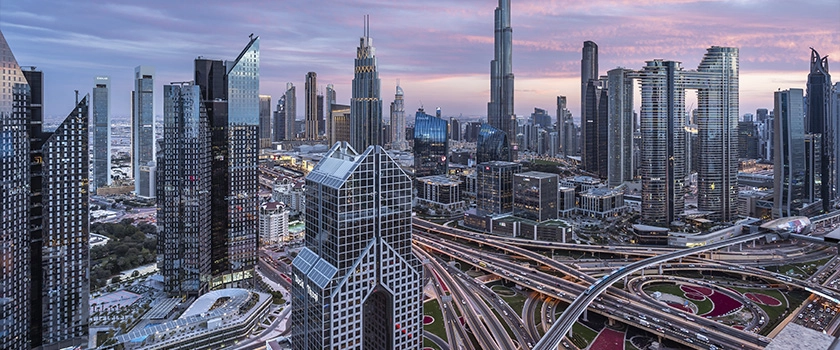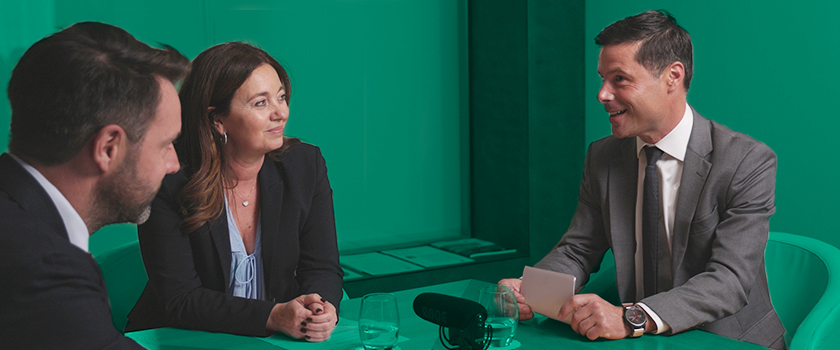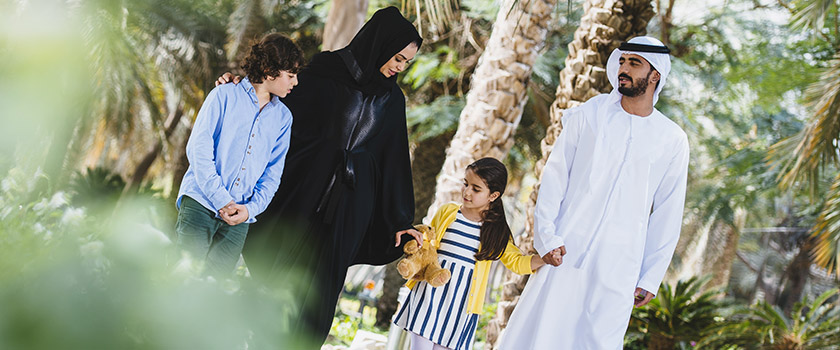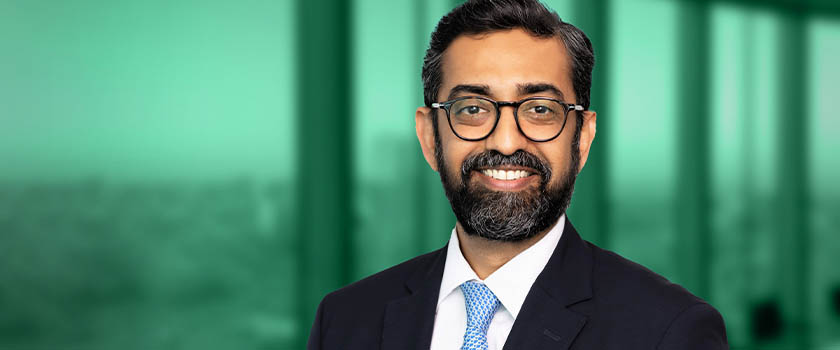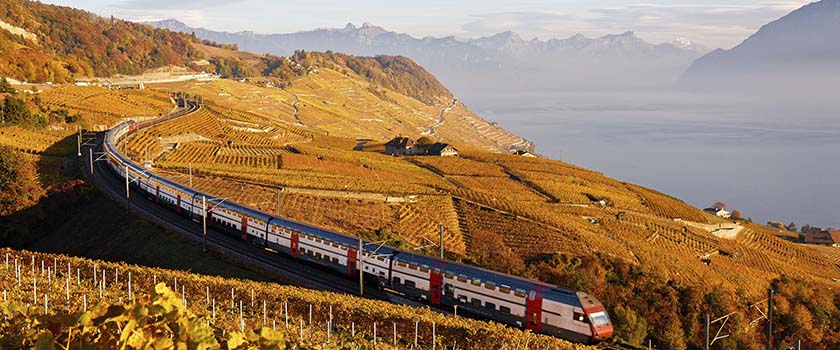The region’s sovereign wealth funds along with a growing number of institutional investors and family offices, are deploying increasing volumes of capital into private markets.
Over the past decade, the Gulf Cooperation Council (GCC) region has undergone a transformation that is rapidly reshaping its position in the global financial and investment landscape. Traditionally viewed through the lens of oil wealth and public sector dominance, the GCC is now emerging as a dynamic and competitive hub for global private capital.
The acceleration of structural reforms, a push for economic diversification, and a deliberate shift in strategic vision are attracting international investors which is catalyzing the growth of private markets across the region.
The region’s sovereign wealth funds (SWFs) along with a growing number of institutional investors and family offices, are deploying increasing volumes of capital into private markets. This wealth, combined with an evolving economic and business landscape, is creating fertile ground for alternative asset classes.
Traditionally, investment portfolios have been weighted towards equities and fixed income. However, persistent macroeconomic headwinds—including inflation volatility and lower returns in public markets—have driven institutional and ultra-high-net-worth (UHNW) investors toward alternatives. Private equity, hedge funds, venture capital, infrastructure, and real estate are being recognized for their potential to deliver alpha and serve as a hedge against traditional market risks. For instance, the Abu Dhabi Investment Authority (ADIA) has announced a significant increase in its private equity allocation, setting a target range of 12–17% for 2024, reinforcing the broader regional pivot towards alternatives .
Capital availability: The availability of capital is one of the most critical enablers of the region’s private market boom. SWFs are allocating billions towards private markets both locally and globally. This trend is further bolstered by the rise of family offices and UHNW individuals relocating or expanding their presence in the region — particularly in hubs like Abu Dhabi, Dubai and Riyadh.
These investors are not only capital providers but are increasingly co-investing with international private equity firms, infrastructure funds, and tech players. This co-investment trend allows local investors to gain global expertise while inviting international players to gain exposure to high-growth regional assets.
In addition, foreign direct investment (FDI) into the region is increasing and evolving. In 2023 alone, international firms announced a record 1,889 projects in the GCC valued at $47 billion, and this momentum continues. Geopolitical stability, high GDP per capita, and visionary national strategies make the region attractive for global investors.
Economic diversification: Long-term national visions such as Saudi Arabia’s Vision 2030 and the UAE Centennial 2071 are fundamentally reshaping the GCC’s economic fabric. These strategies aim to reduce reliance on hydrocarbons and foster growth in sectors like fintech, healthcare, infrastructure, and green energy.
Banks and financial institutions within the GCC are also maturing, becoming more willing to showcase private equity transactions and participate in innovative financial structures. The development of these legal and financial infrastructures reflects a region increasingly open for private enterprise.
More specifically to the UAE, structural reforms have made the business environment increasingly attractive—easing foreign ownership rules, bolstering bankruptcy frameworks, and improving corporate governance standards. Regulatory platforms like Abu Dhabi Global Market (ADGM) and Dubai International Financial Centre (DIFC) provide globally aligned legal frameworks, further reinforcing investor confidence.
Attractive risk-return profile: Private equity investments are typically sought out as they are less correlated to public market volatility, which make them a useful diversification tool. In the GCC, strong GDP growth, government-backed accelerators, and a surging startup ecosystem are creating significant opportunities.
In particular, sectors like artificial intelligence, renewable energy, and digital infrastructure are attracting global attention. Recent developments and announcements include:
- The US and UAE’s plans to partner to build a data centre complex in Abu Dhabi to advance AI capabilities with 5-gigawatts of capacity
- KKR’s $5 billion joint venture with Global Data Hub to build hyperscale data centres
- MGX Fund Management’s $100 billion partnership with Microsoft and OpenAI, focusing on AI and cloud investments
- Saudi PIF’s planned $40 billion fund for global AI leadership
- Gulf Capital’s $100 million innovation-focused partnership with Saudi Arabia’s RDIA
Currency stability is another major draw. The UAE dirham and the Saudi riyal are both pegged to the US dollar, reducing foreign exchange risk for dollar-based investors. This combination of a clear governance structure in the region, a stable economy, and a stable currency vis-à-vis the dollar, makes for a suitable investment case for GCC-focused funds.
Growing access to private markets
Investors are becoming more institutionally-minded, with a longer term mindset. This has paved the way for the democratization of private markets.
For example, earlier this year, Emirates NBD and BlackRock announced a platform for private markets access for wealth clients in a move which will open up the alternatives space.
More broadly, access to quality deal flow and investment opportunities is improving across the GCC as the region’s exit ecosystem matures. M&A activity is on the rise, supported by both regional players and strategic global investors. Wealth and asset managers with on-the-ground expertise and active management capabilities are capitalizing on the maturation of the investment landscape and the subsequent increasing demand for alternatives.
In focus: Infrastructure and renewable energy
Infrastructure and renewable energy represent some of the most promising investment themes in the region. In line with Vision 2030 and the UAE’s Net Zero by 2050 commitment, both nations are investing heavily in solar, wind, and green hydrogen.
Saudi Arabia, for example, plans to generate 50% of its electricity from renewables by 2030 . Flagship projects like the Sudair Solar PV Plant (1.5 GW) are already underway. The UAE is also making significant investments—$54 billion by 2030—into clean energy capacity through projects such as the Al Dhafra Solar PV and Mohammed bin Rashid Solar Park .
Additionally, real estate and logistics infrastructure are attracting large private equity interest. In March, Merex Investment, a joint venture between Brookfield Asset Management and Dubai Holding, announced it is planning to start redeveloping a part of the city’s seafront as growing numbers of expats fuel the demand for such amenities. . In 2024, Brookfield Asset Management also acquired a controlling stake in Gulf Islamic Investments’ logistics platform through one of its private real estate funds, highlighting international interest in the region’s physical and digital infrastructure assets .
A strategic shift underway
The surge in private markets activity across the GCC is more than a temporary trend — it represents a structural shift in how capital is raised, allocated, and deployed in the region. With strong government backing, vast pools of capital, and an increasingly sophisticated investor base, the foundations for long-term private market growth are firmly in place.
GCC investors are becoming more institutional in their approach, recognizing the role of alternatives in reducing portfolio volatility while offering attractive returns. This new mindset, aligned with robust national development strategies, means the private sector is poised for sustained expansion.
In this transitioning environment, success will favor asset managers with active, localized strategies and differentiated offerings. As global and regional investors increasingly turn to the GCC for opportunity, the winners will be those with the foresight and flexibility to navigate this evolving, dynamic market.

